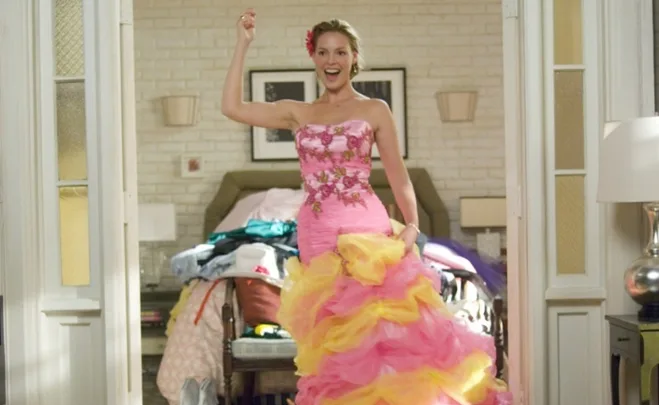Jen Glantz has been here before. She fires off a reassuring message to the bride to quell any pre-wedding jitters, before pulling back the doors of her wardrobe. Inside hangs an archive of more than 125 bridesmaid gowns that makes Katherine Heigl’s 27 Dresses look like child’s play. Nestled between swathes of silky peach and forest green hues, she retrieves a floor-length teal gown.
From the cheesy bridal party rituals to the drunk uncle who refuses to vacate the dance floor, Glantz knows exactly how the day will play out. Although, while the rest of the wedding party spends the next morning nursing hangovers, Glantz is already reeling off details of the past 24 hours over brunch.
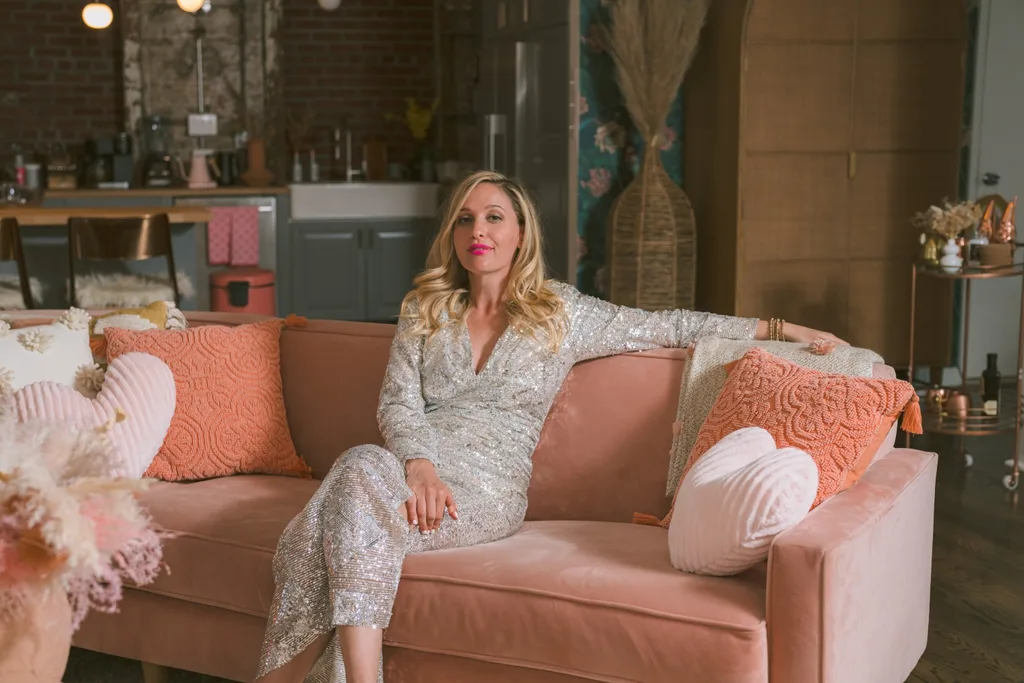
Glantz is a fake friend. Not the back stabbing, steal-your-boyfriend kind, but a professional friend-for-hire, who specialises in attending the weddings of strangers under the guise of being a bridesmaid.
“When I was in my early 20s, most of my friends were getting engaged and I was always a bridesmaid.
“My roommate said, ‘Jen, you’re a professional at this,’ which first sparked the idea. I wrote a listing on Craigslist and it went viral. Within a couple of days, I got hundreds of responses from people who wanted to work with me,” recalls the 34-year-old Brooklyn-based author and bridesmaid-for-hire, who founded her business over eight years ago.
Popularised on the big screen by early noughties rom-coms such as The Wedding Date, about a boyfriend-for-hire turned love interest starring Debra Messing, renting relationships is not a new phenomenon. The profession first originated in ancient Egyptian, Chinese and Middle Eastern cultures, where mourners were paid to attend and wail at funerals.
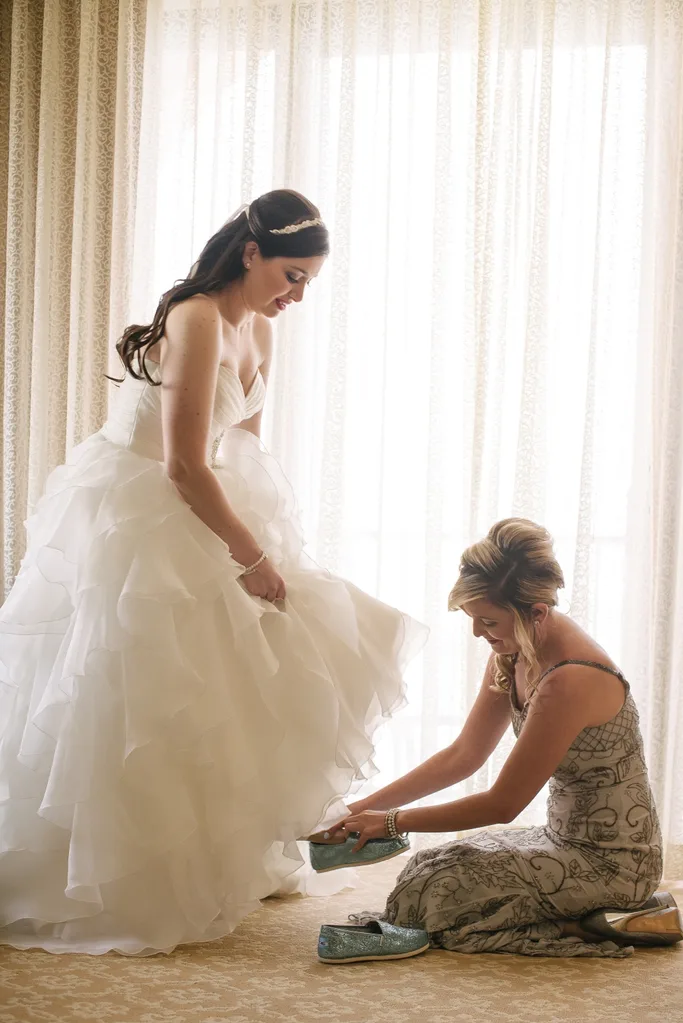
Today, in an increasingly segregated world, where 50 per cent of Australians report feeling lonely at least one day a week, outsourcing relationships has seen an increased demand under today’s gig economy model. In Japan, role-play services and the rental industry do a lucrative yet fundamental job in tackling society’s loneliness epidemic.
“Relationships between real friends and family are decreasing,” explains Ruri Kanazawa, CEO of the female-only family and friend rental service Client Partners.
“We are trying to regain the sense of connection lost during the pandemic. A lot of people are isolated and have little chance to interact with others. Feeling lonely is one of the most painful things for humans, so in order to help people heal we started this service.”
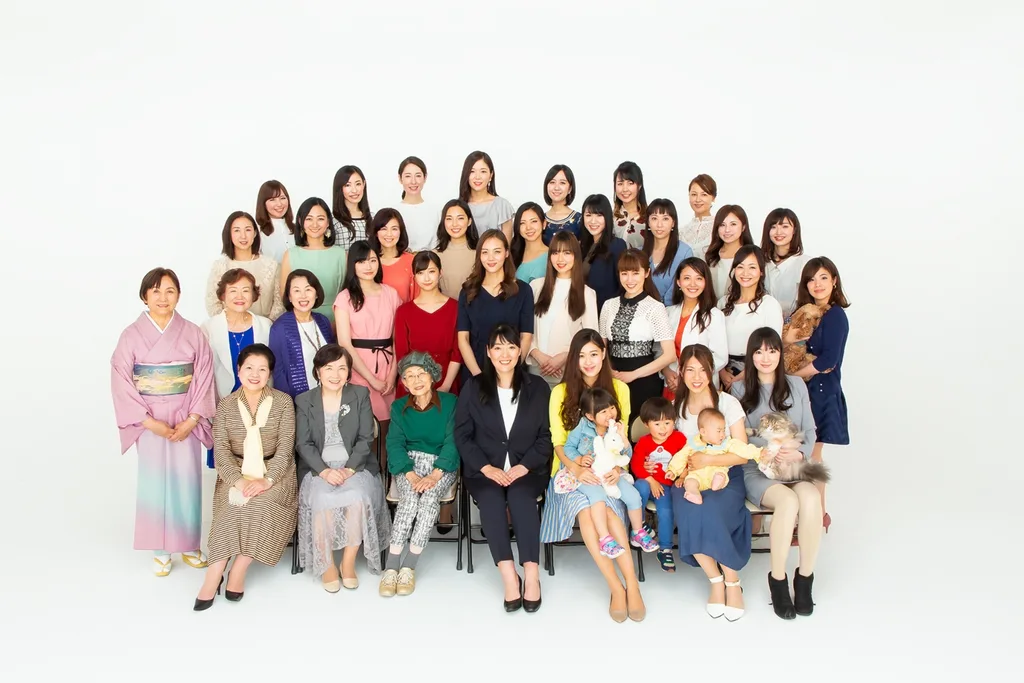
When asked about the main reasons clients seek her assistance, Glantz notes that while many women have a large network of friends or acquaintances, they often lack a close inner circle.
“Not everybody has a best friend or a good support group… and it’s more common than you’d think,” says Glantz, who charges upwards of $US2000 ($2,900)—excluding travel, accommodation and clothing costs—to stand in as a bridesmaid.
“A lot of my clients need someone to… manage all the bridesmaids and make sure there’s no drama. That’s where I come in.”
As in life, playing a pretend friend often comes with its share of emotional family baggage.
“I can’t tell you how many times the groom, bridesmaid or a mum has cornered me and told me their deepest, darkest secret,” reveals Glantz.
“I worked at one wedding in New York where the bride pulled me into a room five minutes before [it started] and told me she hated the groom and didn’t want to marry him. I play a lot of different roles throughout the day, from therapist [to] personal assistant, social director and peacekeeper.”
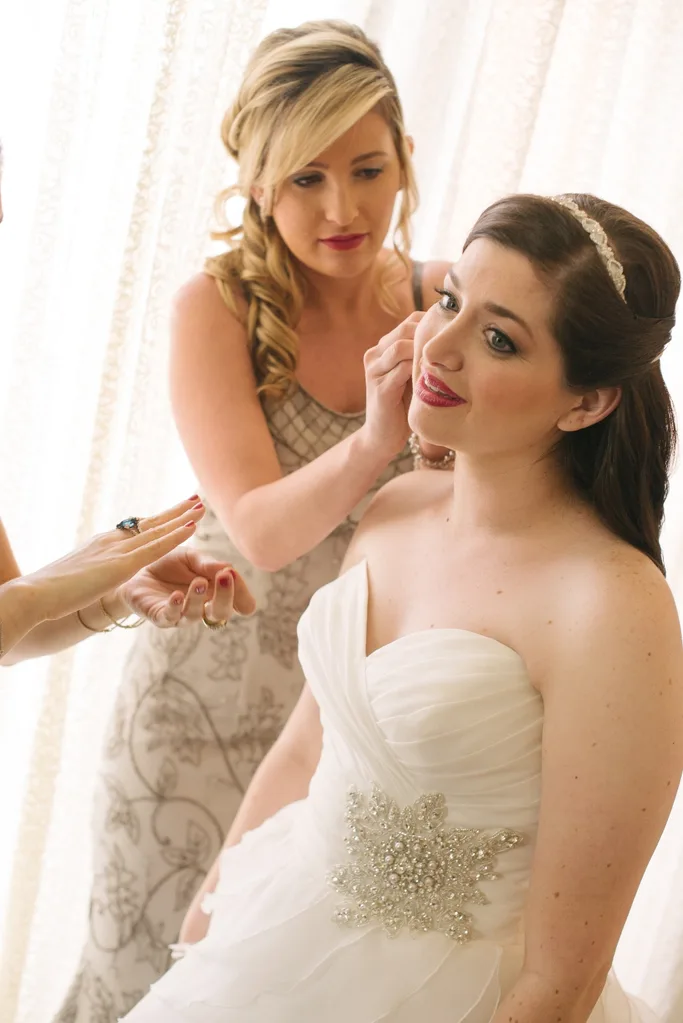
While the cost of friend-for-hire might seem steep for a job that a regular friend does free of charge, perhaps the biggest misconception about role-play services is that there’s no hard work involved.
“People think my job is glamorous but I can guarantee you there’s no partying involved. Weddings are often high stress and high emotion, so I deal with a lot of bridezillas. I’m running around in heels all day, I’m getting bruises and managing everyone’s emotions,” says Glantz.
“I’ve had the police come because a fight broke out on the dance floor. I’ve had wedding crashers. I once had the fire department come because the pool was on fire. In the past, I’ve had groomsmen, uncles and even the groom hit on me.”
For a large part of her job, Glantz operates under a fake name and constructs a backstory that is negotiated ahead of time with the bride, often without the groom’s knowledge. As she mingles by the buffet, Glantz is skilful at deflecting questions around her alias, remarking that she doesn’t use social media, and she keeps sharp by discarding the alcohol from her glass into the nearest pot plant.
However, despite being a seasoned pro, there was one occasion where her cover was blown.
“I was pretending to be a friend from high school and the mum was so weirded out because she had never heard of me before,” she recalls.
“Her mum decided to open up her daughter’s yearbook and, of course, discovered that I wasn’t in there. She had to deal with her daughter for that one.”
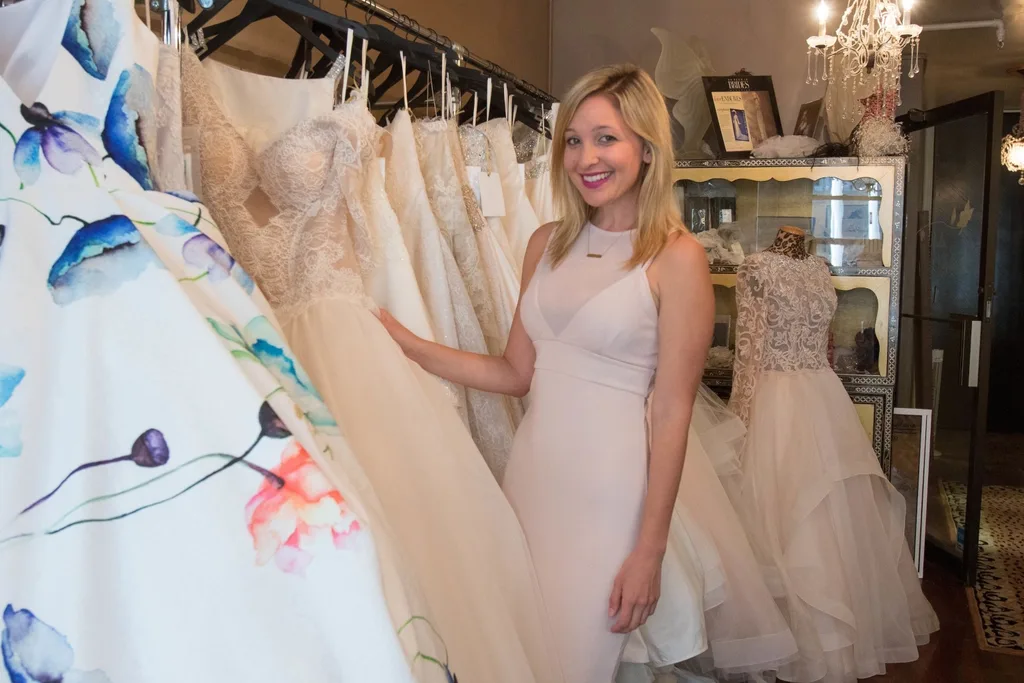
While Glantz is aware that taking on emotional baggage is part of the job title, it raises questions about the murky territory of outsourcing people to fill emotional relationships.
“We pay other people in our lives when we need help with things, whether it’s emotional or intimate, and I’m just one of those people,” Glantz explains.
Kanazawa adds, “People feel uncomfortable about using the word ‘rental’ towards a person. To be honest, friends and family shouldn’t be ‘rentable’. However, there are many people who need this service and support.”
Kanazawa reveals that the most common reasons people seek their service are to help with communicative disabilities, to create deeper connections and to practise building relationships. Common locations and events to rent friends for companionship include visiting gravesites, travelling to places of memory, attending birthday parties, sightseeing or even just sharing a home-cooked dish.

For Jeff Yablon, the 62-year-old New York-based founder of Rent a Dad, it wasn’t until he received an unusual request from a school student that he considered the ethics of the rental service industry.
“This 17-year-old high school junior contacted me asking if I could attend his parent-teacher interviews. His grades weren’t terrific and he didn’t want his parents to know, so he asked me to fill in,” recalls Yablon.
“I checked to see if I would break any laws and then once I’d cleared that, I agreed. The student got the feedback that he wanted from it and eventually he told his parents he had hired a weird man to come masquerade as his father. We still keep in touch. In the end his grades went up and now he’s in college.”
Rent a Dad was born in mid-2018, after Yablon sold his former business as a “CEO-for-hire”. Hungry for something new and with three grown-up sons demanding less of his time, Yablon decided to turn the thing that made him happy into a job: being a parent.
Four years later, the dad-for-hire is in high demand, doing everything from assembling Ikea furniture, giving car-loan advice, looking over contracts or helping buy an engagement ring.
“As a dad, I’m not just going to walk into your apartment and do the task and leave. I’m going to place my hand on your shoulder and let you know you’re in good hands and that I’m here to take care of whatever it is you need done,” says Yablon, who charges $US80 an hour.
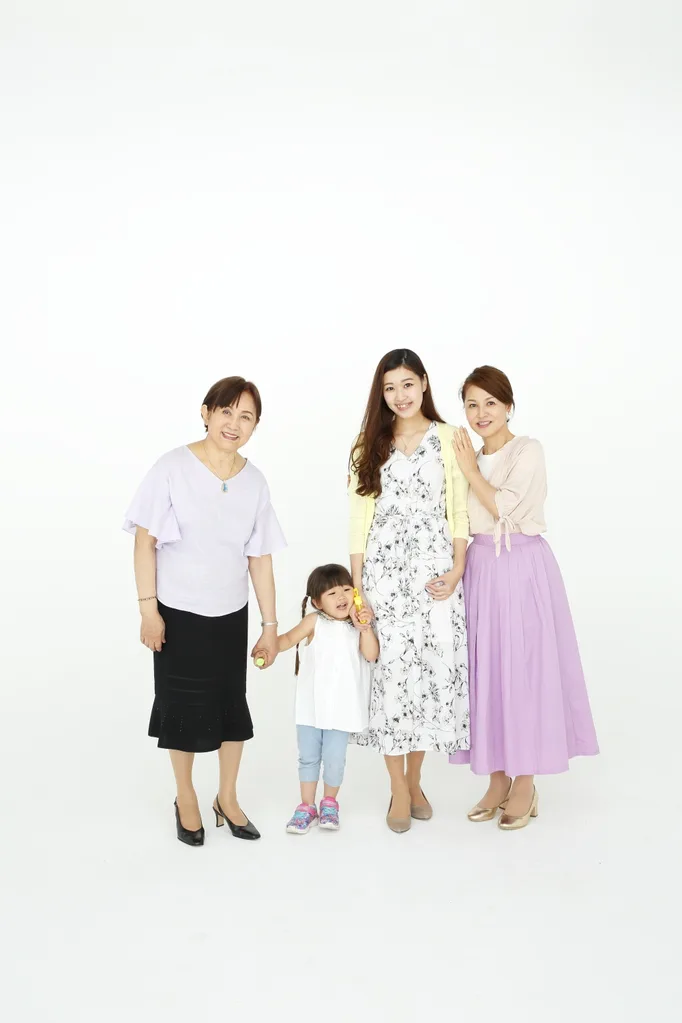
When marie claire first contacted Yablon for this story, it wasn’t long before he slipped into his natural dad role. “You’re up too early, by the way!” he joked in one email. “Now you’re a slacker getting up this late!” The dad-isms had begun.
After discussing his thoughts on dad jokes and then eye-rolling at the number of jokey “rent-daddy” requests he receives, a more personal driver behind Yablon’s business emerges.
“My marriage ended when my sons were young,” he explains. “I didn’t get to be the kind of father that I am for much of their growing up, which made me sad. When you’re a parent, whatever your kids ask you for, you try to make it happen. Whether it’s ‘Dad, how do I negotiate to buy a new car?’ or ‘Dad, I just got to college and I’m furnishing it with flat-pack Ikea-type furniture; can you help me?’ Being a dad and doing those things is what matters most to me.”
Has being a dad for hire changed his relationship with his own children?
“The answer is yes, but for kind of a sideways reason. The corporate job I had when my sons were younger required me to be tough all the time, and that bled into my personal life. I’m much softer now and more conscious when I speak to others.”

For Glantz, her experience of working in the rental industry unfortunately had an adverse effect on her friendships, as well as on her perception of marriage.
“Attending so many weddings has taken the romance out of it for me and made me question a lot. If you are getting married, you should first understand what marriage actually means to you before you legally bind your life with somebody else,” says Glantz, who ultimately opted to elope with her partner in March 2021.
“It’s really hard to be there for my actual friends. I tell them ahead of time that if they want me to be their bridesmaid, I’ll be the worst bridesmaid ever because I’m going to be off duty. I’m not going to be working. I’m just going to be another person there.”
While fronting as a friend may have impacted relationships outside of the job, it has also fostered new ones for many renters.
“I’ve had clients over the years who I’ve [since become and stayed] friends with for many years, and I hope to be friends with them for life,” says Glantz. “I used to say that if I had my own wedding, I would invite them all!”
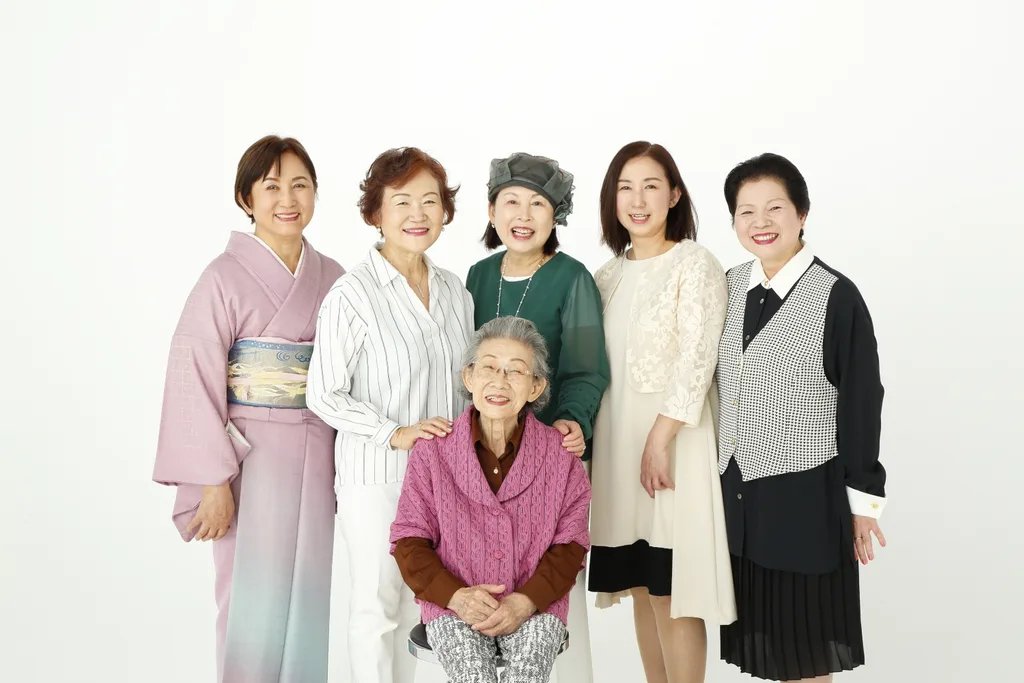
While the basis of a good friendship doesn’t often stem from a transaction, Kanazawa says the objective is not to create co-dependency but to help clients develop a healthy network of support and connection.
“Our staff [which consists of grandmas, mothers and friends-for-hire] get joy out of helping reduce someone’s suffering,” he says.
“While it is possible for our staff to continue the relationship with the client, our main goal is to support people to eventually be able to build real relationships by themselves.”
For those who are sceptical of how a relationship that serves only one party can facilitate a genuine sense of connection, just ask the experts.
“Even if the work I’m doing is impersonal, to me it’s never impersonal,” says Yablon. “It’s very much about creating a relationship, even if only for a couple of hours.”
So what does playing happy families for a living teach us about connection? That while you can’t choose your family, you can certainly hire a new one to help you along the way.
This story originally appeared in the November issue of marie claire Australia.
